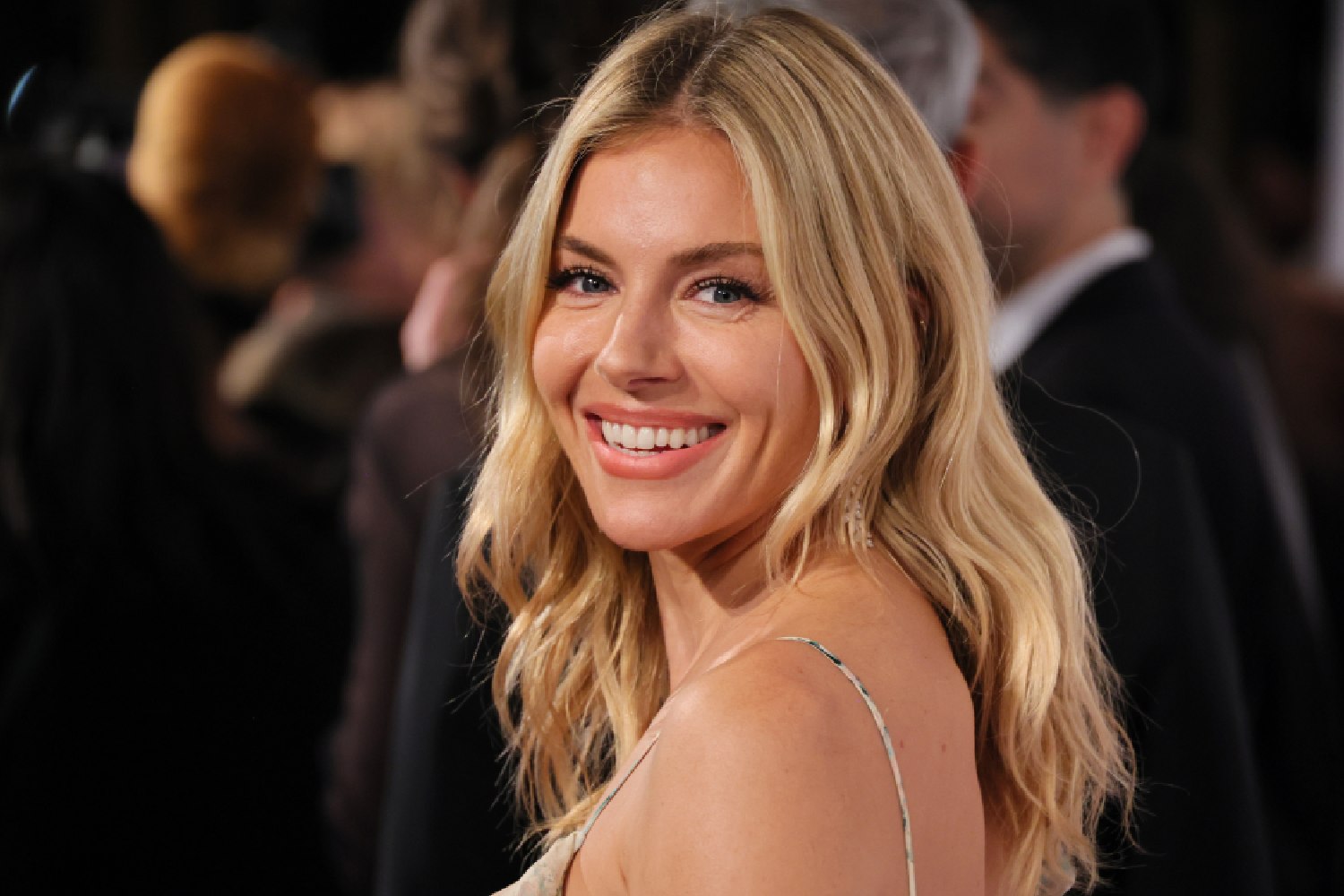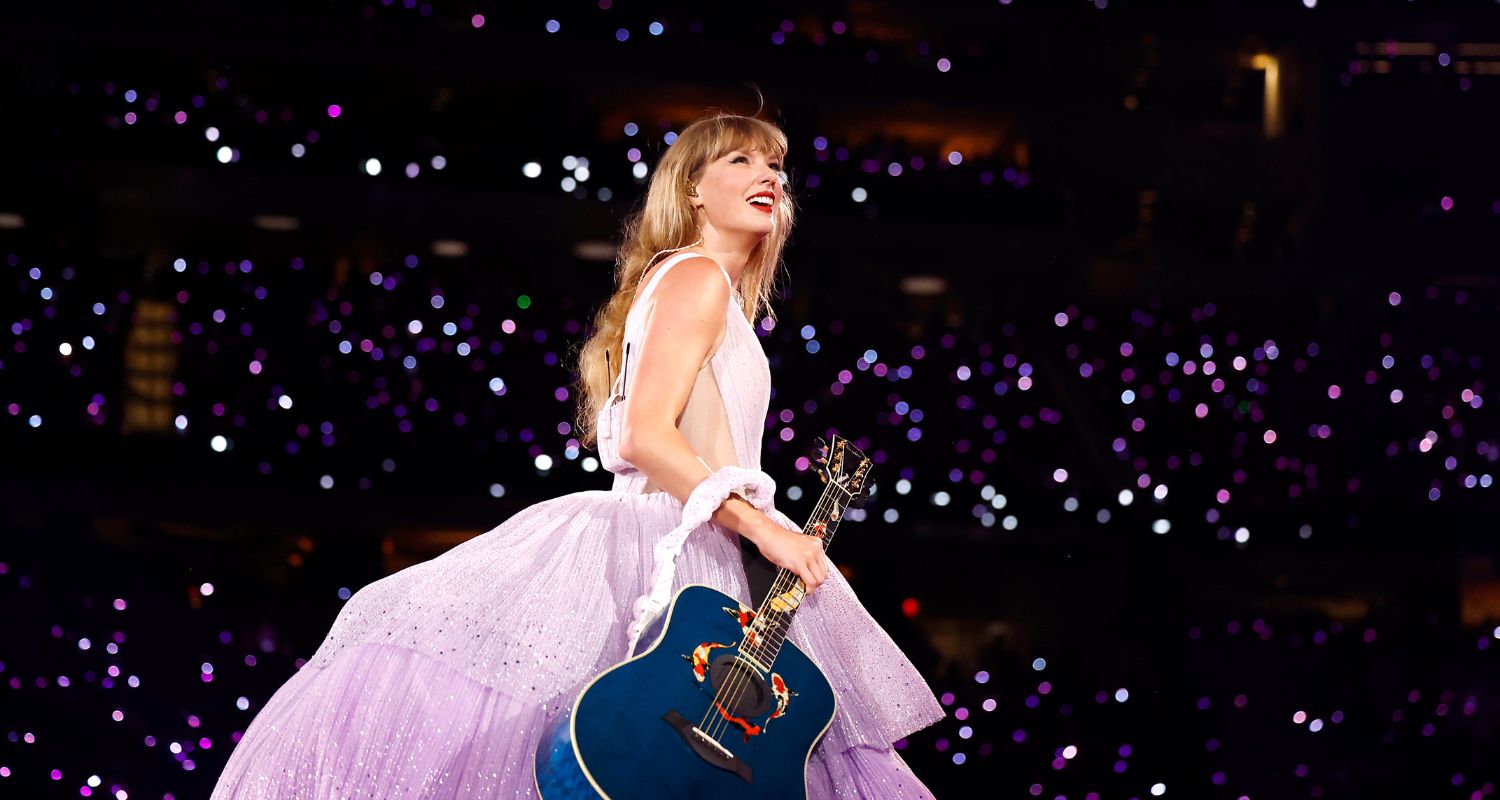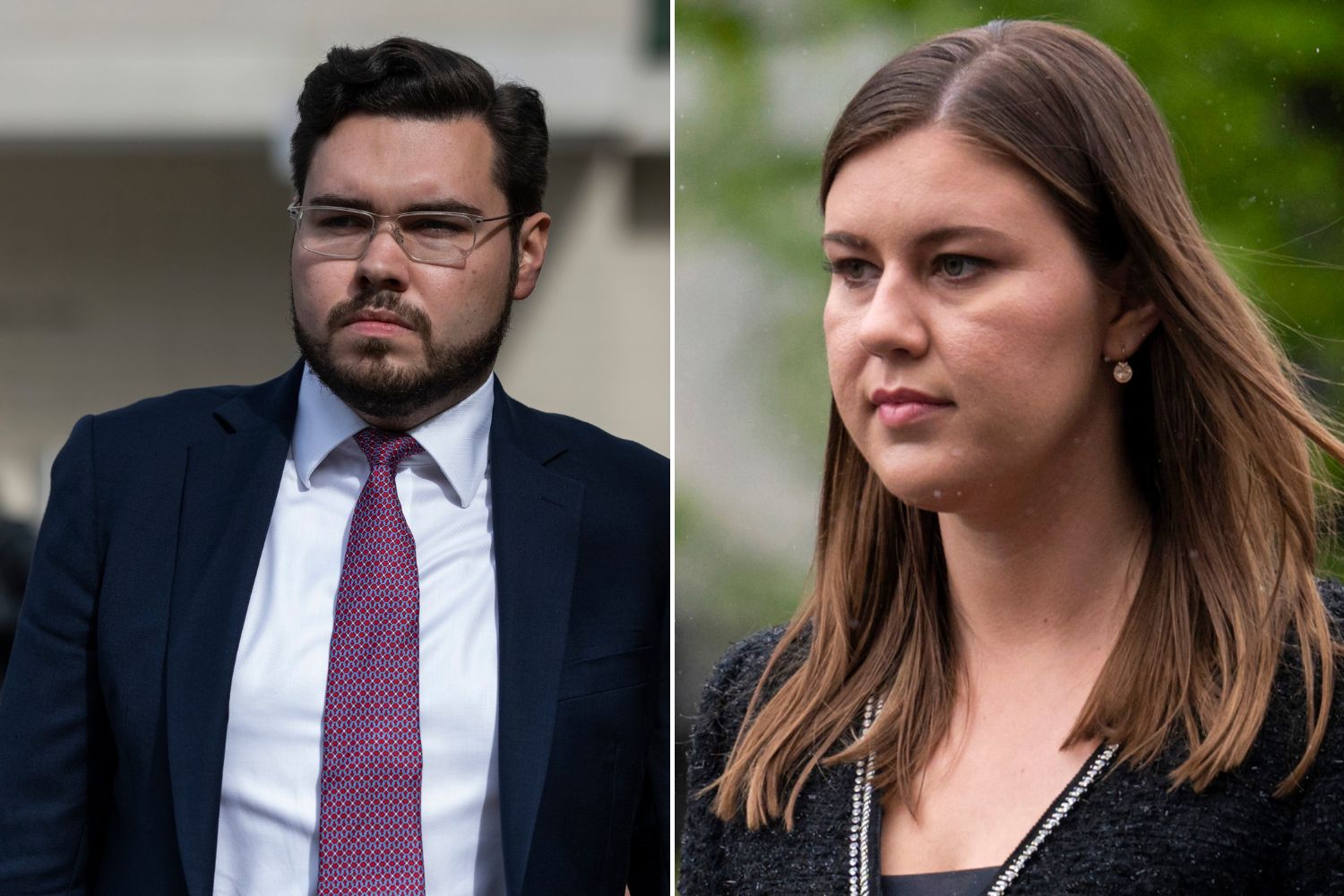While movements like #MeToo and Times Up have created much-needed international conversation about sexism and gender inequality—for women in Hollywood, they’ve been navigating a male-dominated industry for decades.
From being threatened for not posing in provocative magazines to being told they’re “too old” for certain roles, many of Hollywood’s most influential women have come forward to share the obstacles they’ve faced on the road to fame.
From Reese Witherspoon to Jennifer Lopez, we’ve rounded up 16 famous females who’ve spoken out about the sexism they’ve wrongfully endured throughout their careers.
Jennifer Lawrence

Back in 2015, Jennifer Lawrence wrote about the unfair pay gap between men and women in an essay for Lenny, Lena Dunham’s (now-defunct) newsletter.
“I’m over trying to the find the ‘adorable’ way to state my opinion and still be likable,” she wrote.
“F— that. I don’t think I’ve ever worked for a man in charge who spent time contemplating what angle he should use to have his voice heard. It’s just heard.”
Kristen Stewart

According to The Wrap, Stewart spoke out in 2015 about said sexism, saying: “Hollywood is disgustingly sexist.”
“Women inevitably have to work a little bit harder to be heard,” Stewart admitted. “It’s crazy. It’s so offensive it’s crazy.”
Emma Stone

In a 2019 interview with Rolling Stone, Stone admitted that many of her most-loved jokes have not only been taken from her, but were given to her male costars, leaving Stone with material that landed flat.
“I hesitate to make it about being a woman, but there have been times when I’ve improvised, they’ve laughed at my joke and then given it to my male co-star. Given my joke away,” she said.
Stone continued, “Or it’s been me saying, ‘I really don’t think this line is gonna work,’ and being told, ‘Just say it, just say it, if it doesn’t work we’ll cut it out’—and they didn’t cut it out, and it really didn’t work!'”
Mila Kunis


Olivia Wilde has always been a clear advocate for supporting women in Hollywood, whether it’s through her personal beliefs or her female-led film projects.
But during a 2014 panel, the House star spoke out about how difficult it is for women to succeed in the industry, saying:
“It’s really hard to get stories made that are about women—not just women being obsessed with men or supporting men. And it’s really hard to get men to be a part of films that are about women in a leading role.”
Brie Larson

Backstage in the press room following her first Academy Award win, Larson opened up about the sexism she overcame on her way to the top.
“There were many times that I would go into auditions and the casting directors would say, ‘It’s really great, we love what you’re doing but we’d really love for you to come back in a jean miniskirt and high heels,'” she said, even calling the decisions a “fork in the road.”
“There’s no reason for me to show up in a jean miniskirt and high heels other than the fact that you want to create this fantasy, that you can reject,” she said. “I personally always rejected that moment, I tried maybe once and it always made me feel terrible.”
Reese Witherspoon

The Big Little Lies actress admitted that she’ll “never forget” the advice her financial adviser gave her, during a June 2020 interview with the Los Angeles Times.
Just 37-years-old at the time, Witherspoon recalled the man telling her, “You need to start saving right now, because you’re going to be making drastically less money in your 40s. Basically, you’re not going to have much of a career.”
Revealing that she fired the financial adviser, she went on to explain that his comments were one of many sexist remarks she’d dealt with since entering the industry.
Early in her career, the actress said her agents warned her that portraying a mother on-screen would age her and ruin her career.
And after she played June Carter Cash in the 2005 film Walk the Line, Witherspoon admitted that she struggled to find opportunities that excited her.
Her desire to tell women’s stories led her to produce her own work and create Hello Sunshine, a production company focused on bringing women’s creative work to life, in 2016.
Elisabeth Moss

In an interview with Metro in 2017, Moss admitted that executives shot down one of her pitches because they deemed it “too female”.
“It was everything, the fact it was a female lead, a female protagonist, was led by a woman, made it too female, which I was shocked by,” she said. Moss also said that the logic behind the decision wasn’t communicated directly to her.
“It wasn’t said to my face, I would dare a male executive to say that to my face now,” she said, adding that she went ahead with the idea, “just not with those people who thought it was too female.”
The Handmaid’s Tale actress also said she’s fallen victim to the gender pay gap, saying she’s “100% positive” she’s received less money than her male costars in the past.
Mindy Kaling

After The Office was nominated for an Emmy, the Television Academy told Kaling, the only woman of colour on the writing staff, that they were cutting her name from the list of producers.
“They made me, not any of the other producers, fill out a whole form and write an essay about all my contributions as a writer and a producer. I had to get letters from all the other male, white producers saying that I had contributed, when my actual record stood for itself,” she said during a 2019 interview with ELLE U.S..
The Television Academy released a statement to the Los Angeles Times saying, “No one person was singled out.”
However, in response, Kaling tweeted that she, “the most junior person, and woman of colour,” was singled out, as other producers on the show didn’t have to defend their work.
“I had written so many episodes, put in so much time in the editing room, just to have the Academy discard it because they couldn’t fathom I was capable of doing it all. Thankfully I was rescued by my friends, the other producers,” she said.
Kaling added that women of colour shouldn’t have to be “bailed out” by their “more powerful white male colleagues.”
Rooney Mara

During a 2015 interview with The Guardian, Mara admitted that she realised some of her male costars have been paid twice as much as she has. Mara also stated that the sexism in Hollywood goes beyond the pay gap between men and women.
“To me, the thing that’s more unfair than the pay is the terminology that’s used to describe actresses who have a point of view, and want to have a voice in their life and their career, and what they choose to do,” she said.
Mara continued, “I’ve been called horrible things. If a man was acting in the same way that I was acting, it would just be considered normal.”
“To me, that’s the thing I find so frustrating is calling women spoiled brats and b—-es. We just want to have a voice in our life, and I don’t think that’s anything that shouldn’t be encouraged in any human.”
Jennifer Lopez

During a 2016 interview with The Hollywood Reporter, the Hustlers actress said that she doesn’t agree with people who have coined her as a “diva.”
“I’ve always been fascinated by how much more well-behaved we have to be than men,” she said. “I did get a moniker of being a diva, which I don’t deserve.”
Lopez also revealed that she’s found that women in entertainment become labelled after “reaching a certain amount of success.” She continued to explain that at times she feels “crippled” when speaking her opinion.
“We [as women] are not allowed to have certain opinions or be a certain way, or be passionate,” she said.
Sandra Bullock

In an interview with E! News, Bullock opened up about how damaging sexism in the industry is to younger women, saying that it is collectively “harming girls and women in a way, at a speed, that it’s scaring me.”
“I feel like it’s become open hunting season in how women are attacked and it’s not because of who we are as people, it’s because of how we look or our age,” she admitted.
“I’m shocked, and maybe I was just naïve, but I’m embarrassed by it. My son is getting ready to grow up in this world and I’m trying to raise a good man who values and appreciates women, and here we have this attack on women in the media that I don’t see a stop happening.”
Emmy Rossum


During a 2017 interview with People, Bosworth admitted that filmmakers cast men before hiring women “on every single film”.
“The one thing I heard on every single film—and I’m telling you there isn’t an exception—whenever I’m up for a role, really no matter how big or small, the answer that I always get from anyone who’s casting me is, ‘We have to cast the guy first,'” Bosworth said while refraining from naming specific projects.
“Every single one, there is no exception,” she said, adding, “Unless I’m producing it.”
Maggie Gyllenhaal


In 2022, Diane Kruger opened up about an experience she had while auditioning to play one of the roles that propelled her career into superstardom—Helen in Troy.
Speaking at a panel for Variety SXSW Studio, Kruger revealed that in one of her original tests she had to stand before an executive (who she didn’t name) in costume.
“And I felt like meat, being looked up and down,” she described of the uncomfortable situation.
She added that at the time, she believed this was the norm in Hollywood: “I think when I first started out, it just felt like, ‘This is what it’s like. This is what Hollywood is like.’ Also, I come from modelling and believe me, they have their moments.”










